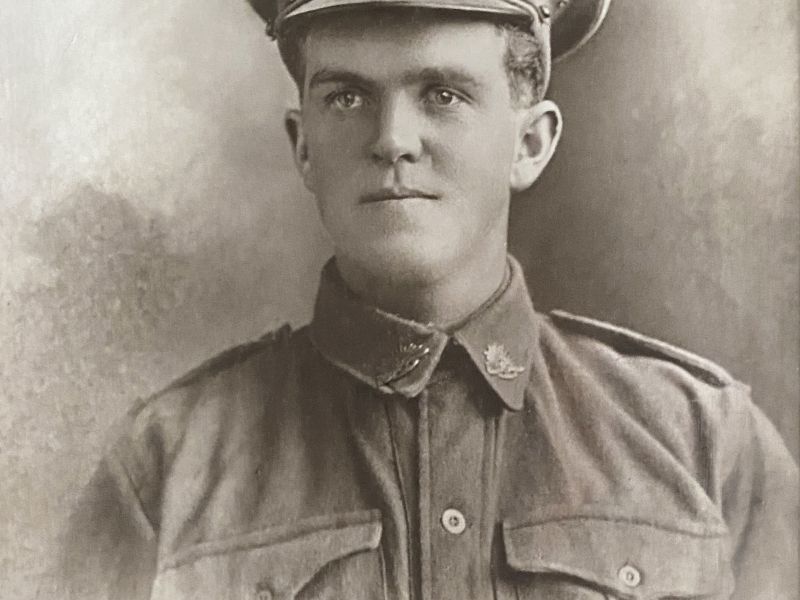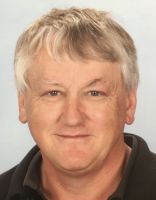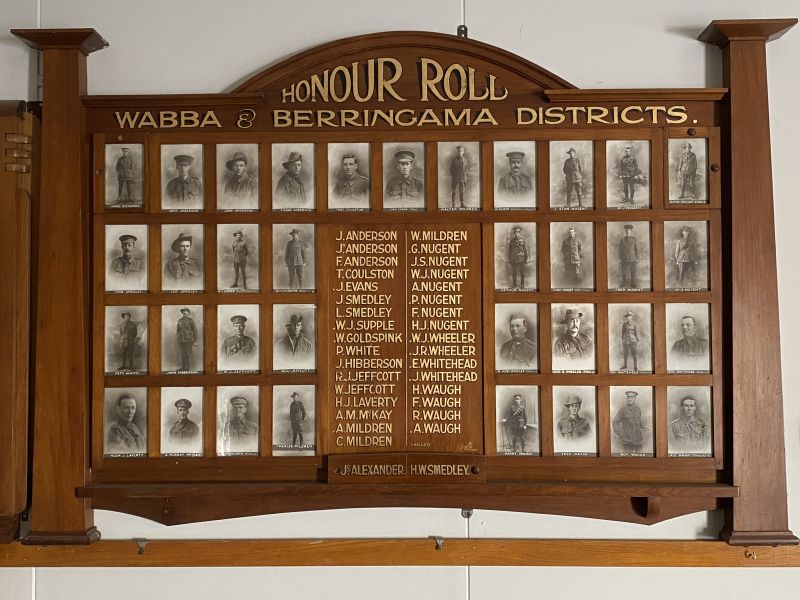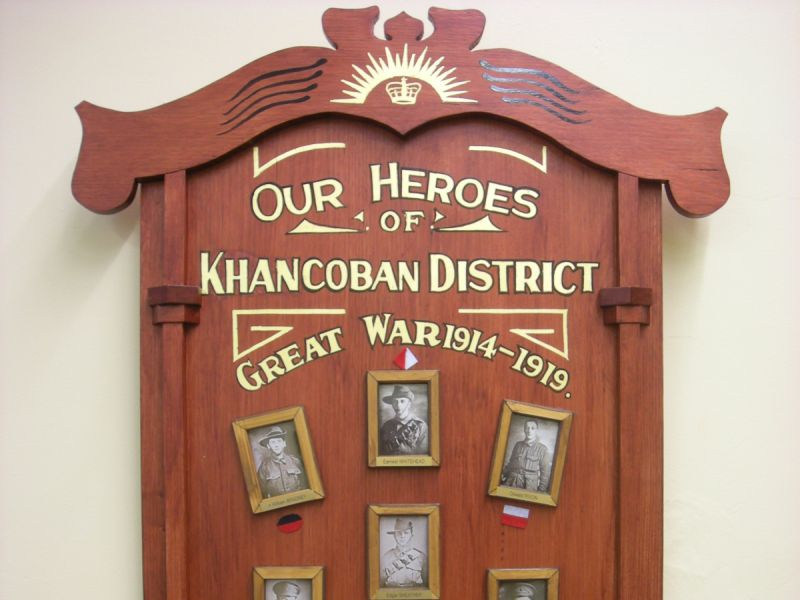Albert Andrew Mildren
Albert was born in 1889, one of nine children to Edward King and Margaret (née Grant) Mildren. While the Australian Birth Index gives his place of birth as Corryong, his enlistment papers state Yackandandah while his Roll of Honour circular state Berringama.
In 1912, when Albert was only 23, his father passed away as a result of heart failure. Edward’s obituary in the 10th of October 1912 issue of the Yackandandah Times stated that he had had problems with his heart for sometime. It also stated that the funeral in Corryong was well attended.
Two of Albert’s brothers, Walter and Charles, would also enlist.
Albert enlisted on the 28th of February 1916 at Melbourne, Victoria. He was alloacted the Regmental Number 518 and placed into the 39th Battalion. On the 27th of May the battalion embarked on the HMAT Ascanius and arrived at Plymouth, England nearly two months later on the 18th of July. Two weeks after arriving at Larkhill Camp in Wiltshire, he was transferred to the 3rd Trench Mortar Battery. Like most young men from Australia, Albert was keen to have a look around the country that many Australians at the time still called home. Albert took some unofficial leave and was found to be absent without leave from midnight on the 19th of October to 10 pm the following day. He was “awarded” ten days confined to camp and forfeited one days pay).
In late November he was transferred to the 10th Light Trench Mortar Battery and proceeded overseas to join his Battery in France. Light Trench Mortar Batteries were generally equipped with a 3 inch Stokes mortar. This weapon had a range of about 800 yards and were served by a crew of two or three men.
On the 6th of June 1917 at 2130 hours, in preparation for the Messines Offensive, 2 guns under the command of Lieutenant Brown left Romarin and marched via Suicide Corner to rendezvous with the 37th Battalion. Earlier that day two guns had met up with the 38th Battalion. The guns with the 37th Battalion passed through the 38th Battalion’s lines. One gun was set up to cover the Green Line. Unfortunately, German shelling had located the second gun and it had to be withdrawn. Two of the gun team were killed outright, with Albert being one of them. Four others had been wounded and sent back to the Casualty Clearing Station.
It was also during this action that Albert’s brother Charles was awarded the Military Medal for bravery in the field. Charles was also a member of the 10th Light Trench Mortar Battery.
In early September of 1917, Albert’s mother, Margaret, received a letter from the lieutenant in command of the battery to which Albert was attached when he was killed.
“Belgium 20/6/18
Dear Mrs Mildren,
I am writing to express on behalf of the officers and men of the 10th A.L.T.M. Bty (Australian Light Trench Mortar Battery) the sincere sympathy which we feel for you in the great loss you have sustained by the death of your son Albert, who was killed in action on the 7/6/17. He was hit by shrapnel and death was instanteous. By his unfailing cheerfulness under fighting circumstances and his devotion and coolness in carrying out his duty, your son made himself very well liked in the Bty. and all feel that by his death they have sustained a personal loss. Your son had just been granted his first stripe and as one who had been with him for ten months I can say that no promotion was ever more popular or more deserved. Charlie and Walter are both well and are looking after any personal effects which Albert may have left. The former is at present at a rest camp enjoying a well earned spell. He has done remarkably good work. Words cannot convey much but please accept our heartfelt sympathy. Your boy lived and died a clean, manly straightforward soldier whom everyone admired and respected. Albert is buried in the Strand Cemetery, the Rev Cptn Davidson, Presbyterian chaplain conducting the service.
With sincere sympathy,
Yours faithfully,
J.D.Oliver. Lieut. 10th A.L.T.M.Bty.”
Albert is remembered on the Australian War Memorial Roll of Honour, the Corryong War Memorial, the Wabba and Berrigama Districts Pictorial Honour Roll, and the Khancoban District Pictorial Honour Board. For his service, he was awarded the British War Medal and the Victory Medal.

 Stephen Learmonth
Stephen Learmonth

